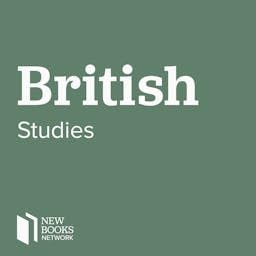In the 1930s and 1940s, amid intensifying anticolonial activism across the British Empire, dozens of new West African and Caribbean newspapers printed their first issues. With small staffs and shoestring budgets, these newspapers nonetheless became powerful vehicles for the expression of Black political thought. Drawing on papers from Trinidad, Jamaica, Ghana, and Nigeria, Leslie James shows how the press on both sides of the Atlantic nourished anticolonial and antiracist movements. Editors with varying levels of education, men and women journalists, worker and peasant correspondents, and anonymous contributors voiced incisive critiques of empire and experimented with visions of Black freedom. But as independence loomed, the press transformed to better demonstrate the respectability expected of a self-governing people. Seeing themselves as “the Fourth and Only Estate,” the sole democratic institution available to a colonized population, early press contributors experimented with the form and function of the newspaper itself. They advanced anticolonial goals through clipping and reprinting articles from a variety of sources; drawing on local ways of speaking; and manipulating photography, comics, and advertising. Such unruly content, James shows, served as a strategic assertion of autonomy against colonial bureaucracy. Yet in the 1950s, this landscape changed as press professionalism became a proxy for a colony’s capacity to govern itself. Analyzing a key moment in the history of Black Atlantic political thought, The Moving Word: How the West African and Caribbean Press Shaped Black Political Thought, 1935-1960 (Harvard UP, 2025) highlights the boundless, shapeshifting power of experimental media. During the era of decolonization, as independence loomed on the horizon, West African and Caribbean newspapers creatively engineered and reinvented debates about imperialism, racial capitalism, and Black freedom dreams and realities. Leslie James is Reader and Sinor Lecturer in Global History at Queen Mary University of London and the author of George Padmore and Decolonization from Below: Pan-Africanism, the Cold War, and the End of Empire, 1939–1959. Learn more about your ad choices. Visit megaphone.fm/adchoices Support our show by becoming a premium member! https://newbooksnetwork.supportingcast.fm/british-studies
続きを読む
一部表示
 1 時間 11 分
1 時間 11 分 55 分
55 分 1 時間 4 分
1 時間 4 分 1 時間 49 分
1 時間 49 分 43 分
43 分 1 時間 2 分
1 時間 2 分 2026/01/2852 分
2026/01/2852 分 28 分
28 分
